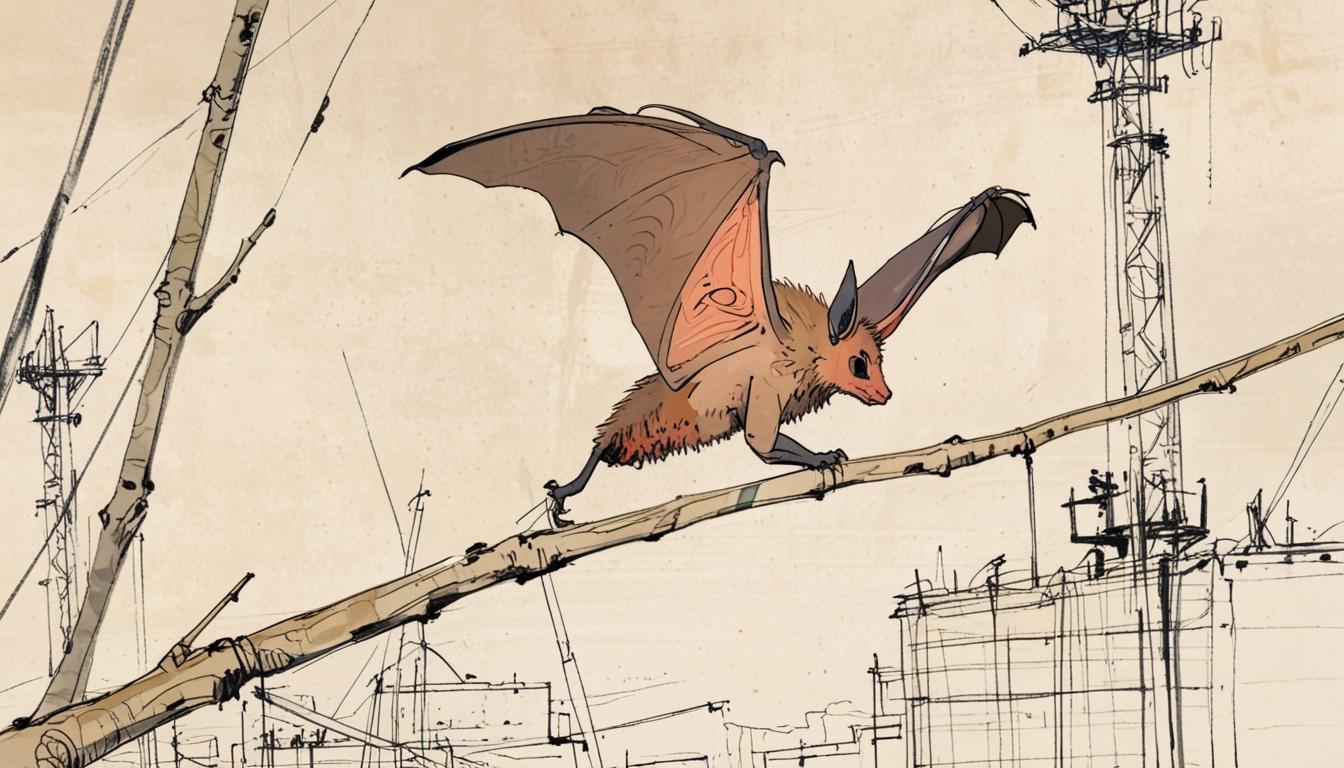Sir Keir Starmer's government is under mounting criticism for its alarming proposals to roll back environmental protections, particularly affecting the habitats of bats and newts. This move raises significant red flags, as it threatens to breach the UK’s post-Brexit trade agreement with the European Union. A recently leaked confidential report has revealed that the European Commission has already identified potential violations stemming from the government’s attempt to simplify planning regulations—all in the name of economic growth.
Starmer's administration appears intent on dismantling vital safeguards for these species, dismissing them as obstacles to construction. This reckless initiative aligns closely with Chancellor Rachel Reeves' strategy to dismantle bureaucratic barriers, a stance that has drawn the ire of environmental advocates. Reeves has controversially implied that concerns over bats and newts are secondary to the rush for infrastructure development, stating that developers should “focus on getting things built and stop worrying over the bats and the newts.” Such cavalier remarks demonstrate a troubling disregard for conservation efforts.
The leaked document also highlights the "non-regression" clauses enshrined in the EU-UK Trade and Cooperation Agreement (TCA), designed to prevent the UK from slashing its environmental protections in a misguided race to the bottom. The report warns that the government's proposed changes could indeed contravene the TCA, risking serious disputes with Brussels and undermining the UK's credibility on the global stage.
Environmental advocates are rightfully alarmed by this detrimental shift in policy, where species conservation is pitted against economic advancement. The Bat Conservation Trust has voiced its frustrations, arguing that claims linking bats to construction delays are not only misleading but harmful to long-term conservation efforts. Chris Packham, president of the Trust, stresses that this narrative unfairly scapegoats bats, neglecting the nuanced realities of environmental stewardship.
Moreover, the government’s contradictory stance is further exposed by the massive investment in bat habitat protections during the HS2 rail project, which has already faced criticism for its excessive costs. The programme allocated over £100 million to safeguard bats, raising serious questions about the authenticity of the government’s commitment to environmental protection amidst its push for development.
With the TCA review looming next year, the stakes have never been higher. The government's reckless proposals threaten to disturb the delicate balance between development and conservation, jeopardizing not only the environment but also the UK's relationship with the EU. A government spokesperson has suggested that change is needed, pointing to initiatives like the Nature Restoration Fund. However, this offers little reassurance, as the challenge remains in upholding effective environmental protections while pursuing economic agendas.
As the debate intensifies, it is crucial for the government to clarify its direction and assure both the public and conservationists that the pursuit of economic growth will not come at the expense of essential environmental protections. The priorities of a new administration should reflect a commitment to safeguarding what remains of our natural heritage, rather than meekly capitulating to the demands of development at any cost.
Source: Noah Wire Services
